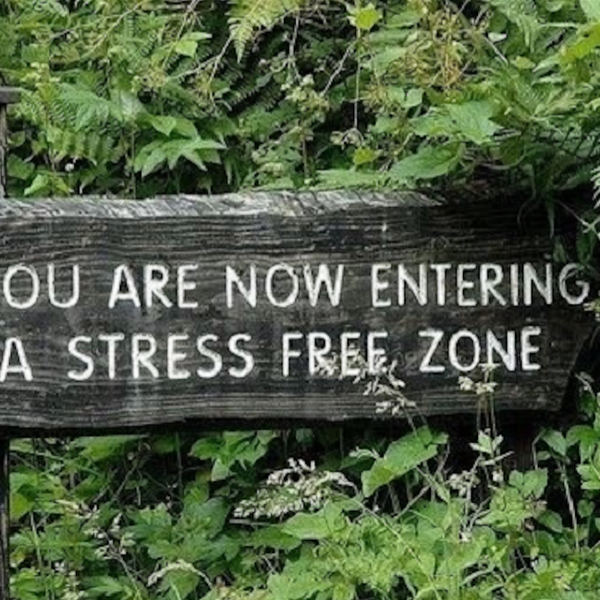Late in to my junior year of high school, I was prescribed anti-anxiety medication for my recent diagnosis of Generalized Anxiety Disorder (GED), something that affects nearly 18% of the American population. I didn’t want to be reliant on medication so I turned to more natural ways to control my anxiety. I cut caffeine out of my diet, started exercising, and made sure to get enough sleep. The one thing that helped my anxiety the most, even more than the medicine, was meditation. It helped me to gain better control over my anxiety, and after a while, I needed it less and less. Then I got to college. As college students, we are continually bombarded with stress. Our lives are a constant balance of school, social life, and work, and all the time we are wondering if and how we are going to get a job after our time at college is over. Not to mention, we live in a web-obsessed world where whenever there is a moment’s rest within our already bustling lives, we immediately turn to a screen to catch up with social media or whatever Netflix show we are invested in. If there’s any particular group of people who need meditation the most, it’s college students. Now, if you’re still not convinced that meditation is for you, here are some statistics:
8% of U.S. adults are already practicing meditation.
Meditation increases grey-matter density in the hippocampus, known to be important for learning and memory.
Meditation is scientifically known to reduce anxiety.
Meditation helps relieve chronic back pain.
Now, if I’ve finally got you convinced and your willing to at least try this out then here’s what I recommend for starting out with meditation:
Find a quiet place to meditate. I like to turn off some lights as well.
Get comfortable. You don’t have to sit cross-legged like most people think, just do whatever feels comfortable. Just make sure that the position your sitting in isn’t constricting your breathing.
Set a timer. You don’t want to be opening your eyes every minute to see how much time you have left cause that pretty much goes against the whole idea of meditating. I use an app called Calm for timing my meditations. There are plenty of other apps but I like Calm because it gives you different options for scheduled or freeform meditation and it also has a lot of choices for background music to help you focus. If you don’t want to download an app, at least use the built-in timer on your phone.
As soon as you’re comfortable and have set your timer, start to focus on your breath. Slowly breath in and out and focus on the physical sensations breathing: the filling up of your lungs, the rise and fall of your belly and chest, whether your breathing through your nose or mouth, etc. Now, HERE COMES THE HARD PART. As soon as a random thought comes into your mind like “Shit, I forgot to put that meeting in my calendar” or “I wonder if the Cubs won last night?” remind yourself that those things can be done later and simply bring your focus back to your breath. Your mind will become distracted a lot when you first start out and you’ll probably be frustrated with the amount of times that you lose focus. Don’t get upset, just refocus yourself.
There’s no amount of time that you’re supposed to meditate, but I recommend 10 minutes. 15 minutes seems like too much time and 5 really isn’t enough to get you in the right state of mind. Personally, I recommend doing this whenever you feel stressed. Some people like keeping a routine but I personally think that that’s just another thing to add to your list of things to do which just stresses you out more. The most important thing to remember is that you should always do what works best for you.
Lastly, I’ll leave you with a great quote from Dan Harris’ best-selling book on meditation, "10% Happier" (which is a really good read if you ever find the time):
“Forget your preconceived notions. Forget the dopey packaging and the unfortunate cultural baggage. Meditation is worth the work—even if you’re too embarrassed to admit to your friends that you’re doing it.
Under the sway of the ego, life becomes a constant low-grade crisis. You are never sated, never satisfied, always reaching for the next thing, like a colicky baby. Meditation is the antidote. It won’t fix everything in your life, make you taller, or (most likely) land you in a state of bliss on a park bench. But it can make you 10% happier, or maybe much more.”





















